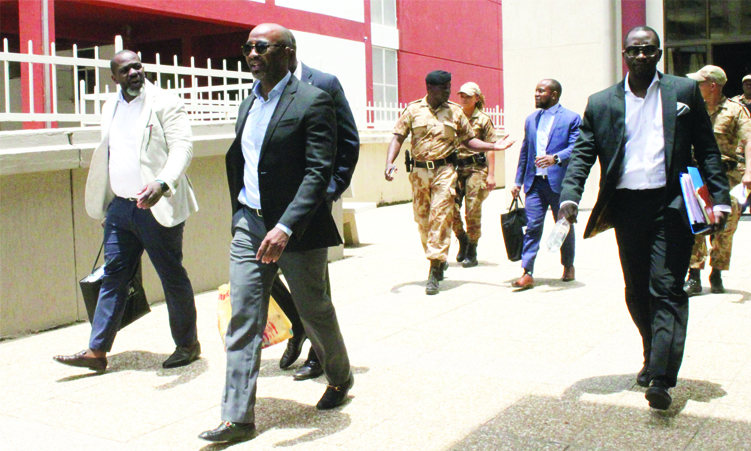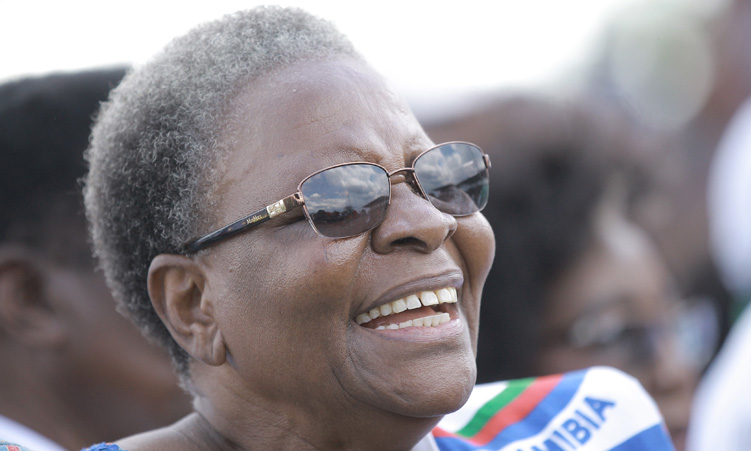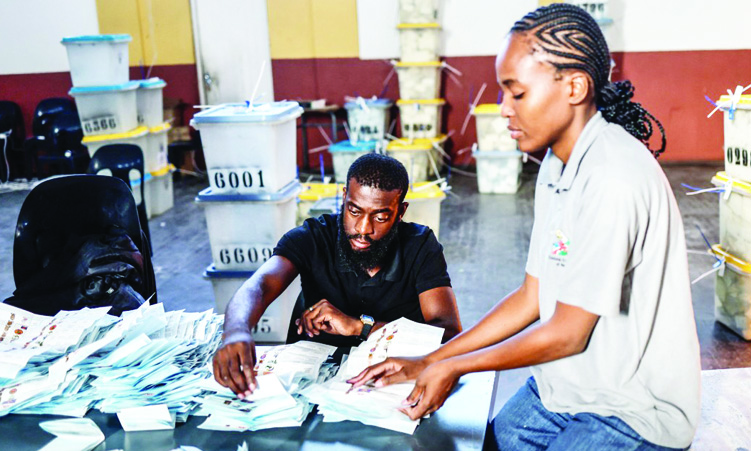Andreas Robert, a youth advisory committee member, high school counsellor and educator, says the Namibian education system has long been the focus of heated discussion and criticism.
“I genuinely think the people in charge of managing and putting these systems in place are failing us, not the curriculum or structure,” says Robert.
According to him, this fact has been frequently overlooked when talking about the future of Namibian education.
“As a seasoned teacher and high school counsellor, I feel driven to confront these problems and promote a critical reassessment of the attitudes, leadership and accountability that influence our education environment.”
Robert argues that much of the criticism relies on the myth of a ‘failing education system’, which is a simplistic perspective that ignores the more complex problems at hand.
Robert made the comments after observing and experiencing Namibia’s lack of accountability in the educational system.
“While the curriculum can always be improved, the core issue is how the system is managed, delivered and embraced by those entrusted with it,” says Andreas.
According to him, the people in charge – policymakers, administrators and educators themselves – are frequently the ones failing students, not the education system itself.
“The curriculum was created with the goal of aligning Namibia’s education system with global standards, and incorporating more practical and vocational skills alongside academic knowledge.”
Robert says the new curriculum is a creative and progressive endeavour that aims to produce graduates who are employable, well-rounded and prepared to contribute to the development of the country.
“The problem is not the curriculum itself, but rather the resistance to change. Namibians, as a society, express a desire for transformation and improvement, but they remain the most significant impediment to the very changes they claim to seek,” says Robert.
He does, however, admit that change is difficult, especially in institutions that have been entrenched in a particular way of doing things for decades.
“It is ironic that many educators, who should be advocates for change, are the most vocal opponents. This resistance is frequently motivated by a reluctance to learn new methodologies or advance their own professional development.
“I can personally attest to this because I am a teacher.”
Robert says the new curriculum requires teachers to use innovative teaching strategies, conduct research and pursue ongoing education. The latter in particular would push educators to change and adapt.
“However, many teachers are unwilling to put in the work. In my experience, some teachers are simply lazy, lacking the drive to learn and grow alongside their students.”
Failing to address these challenges, Robert says, could have negative consequences. “We run the risk of graduating a whole generation of students who are unprepared for the demands of the contemporary world.
In light of upcoming elections, Robert issues a call to action: “As we move forward, the incoming 2025 government has a crucial chance to transform Namibia.”
Stay informed with The Namibian – your source for credible journalism. Get in-depth reporting and opinions for
only N$85 a month. Invest in journalism, invest in democracy –
Subscribe Now!






